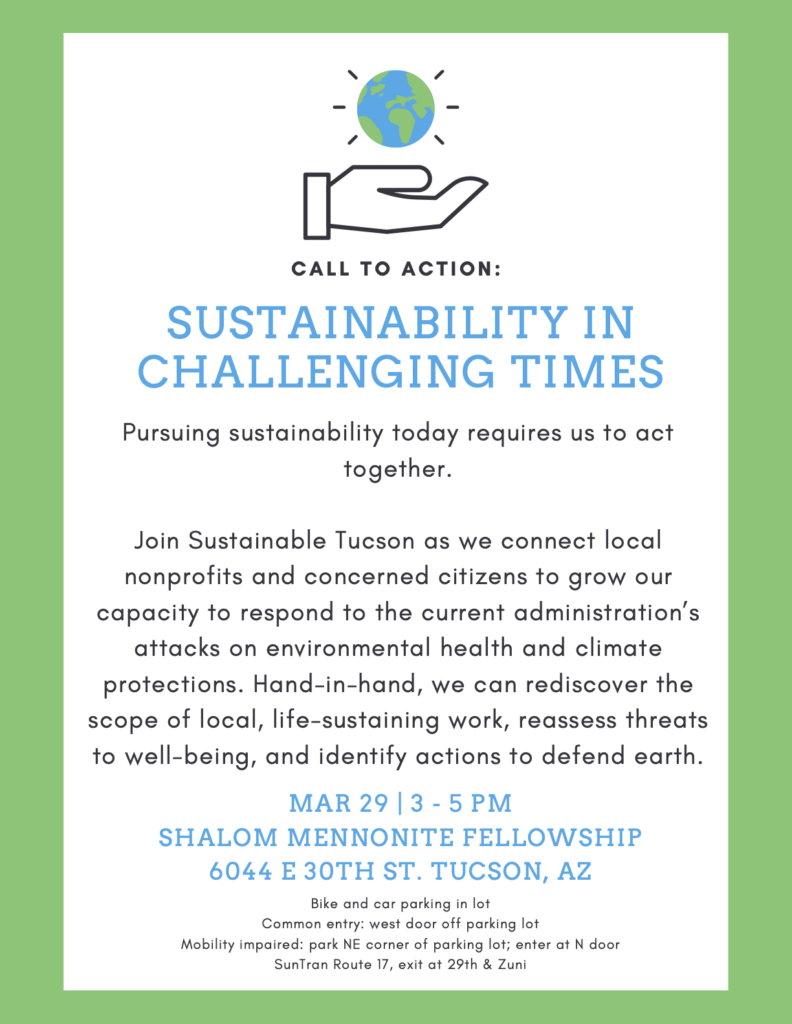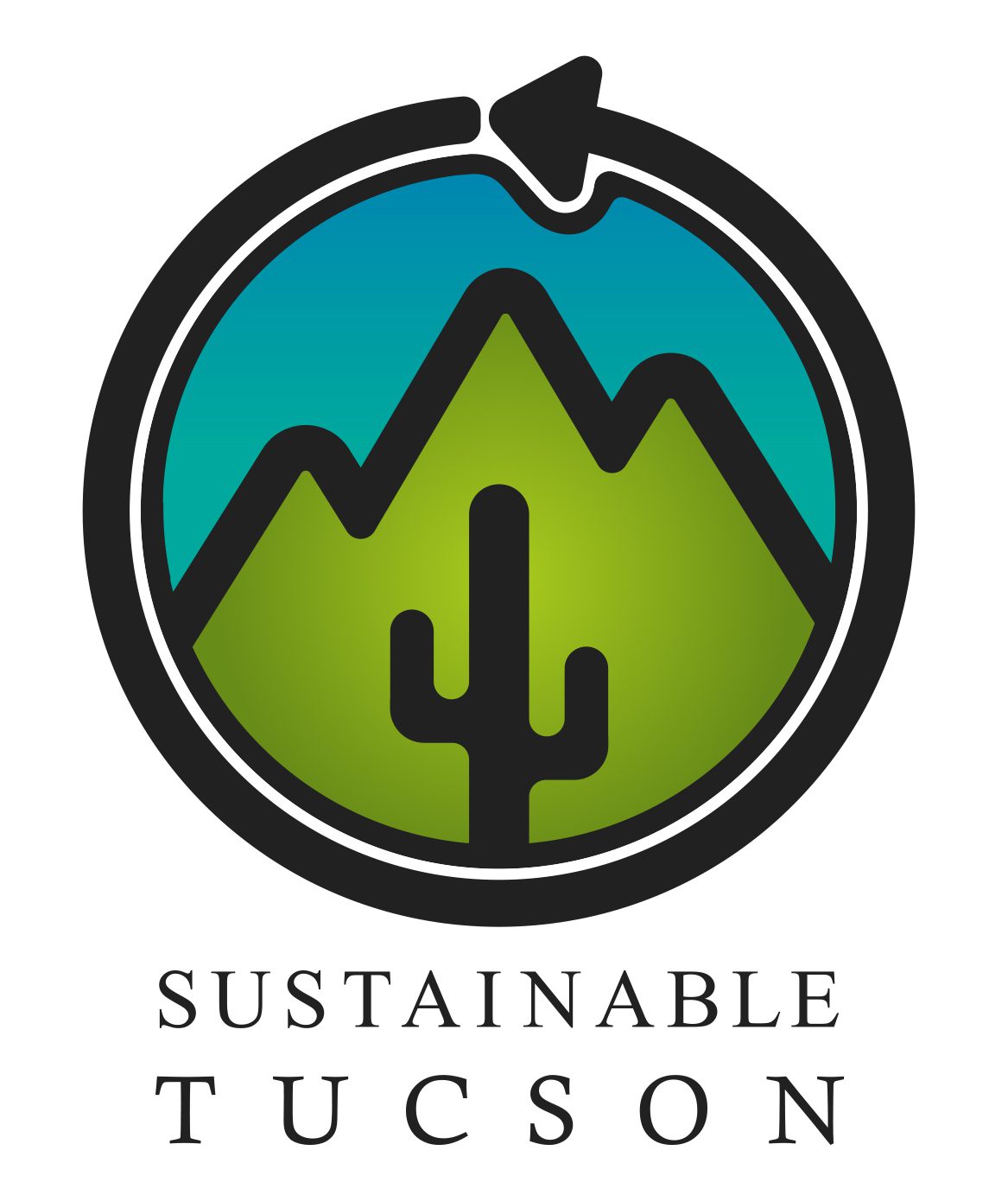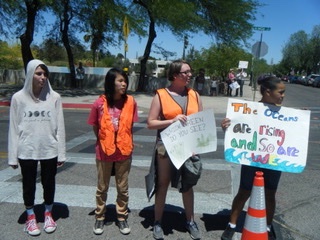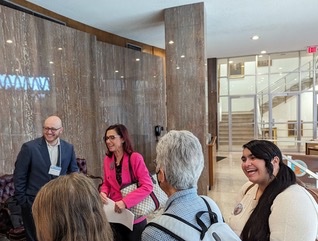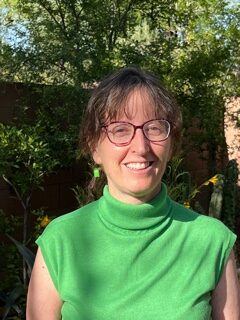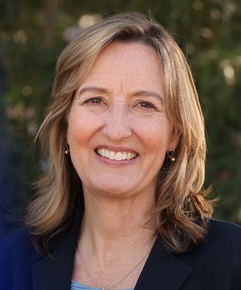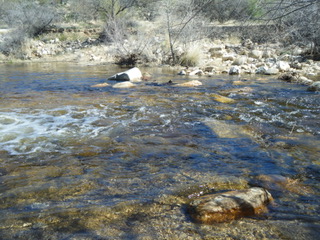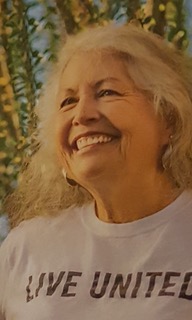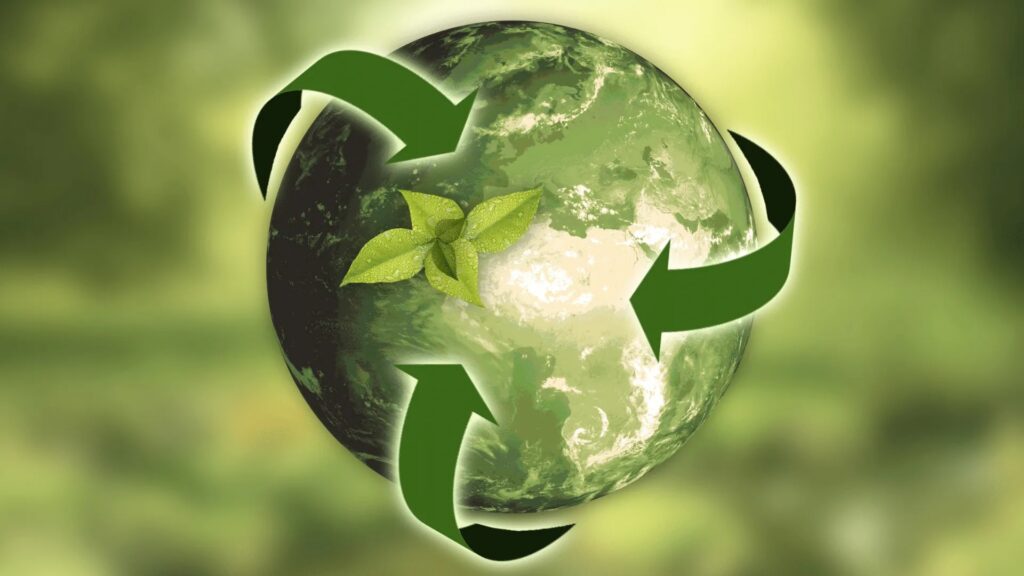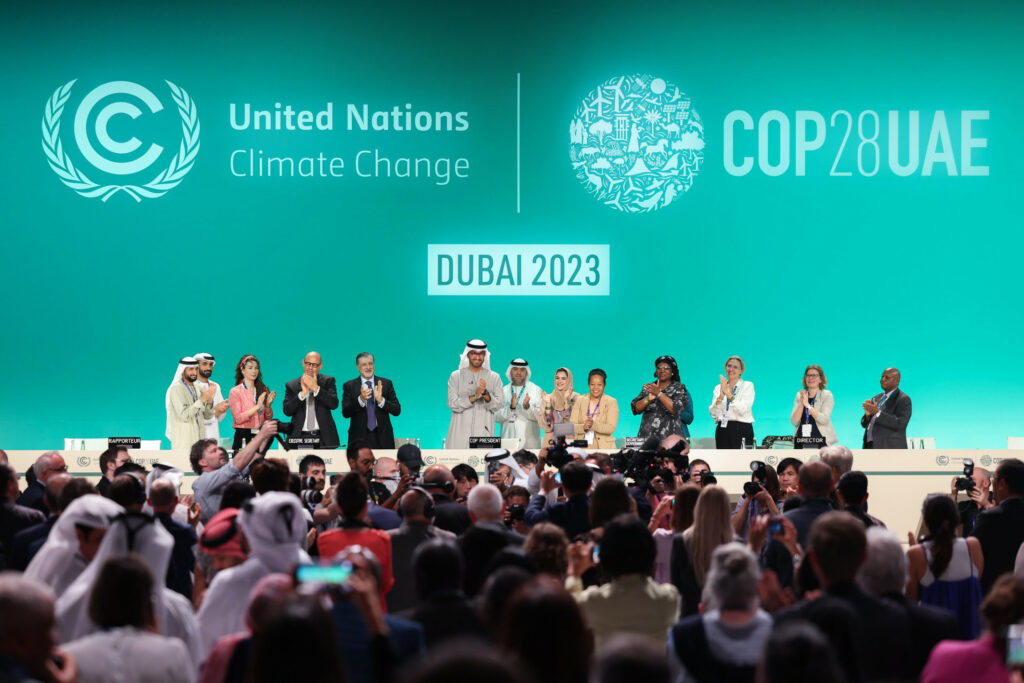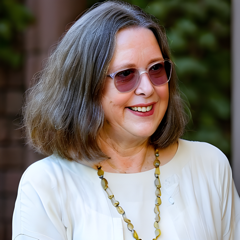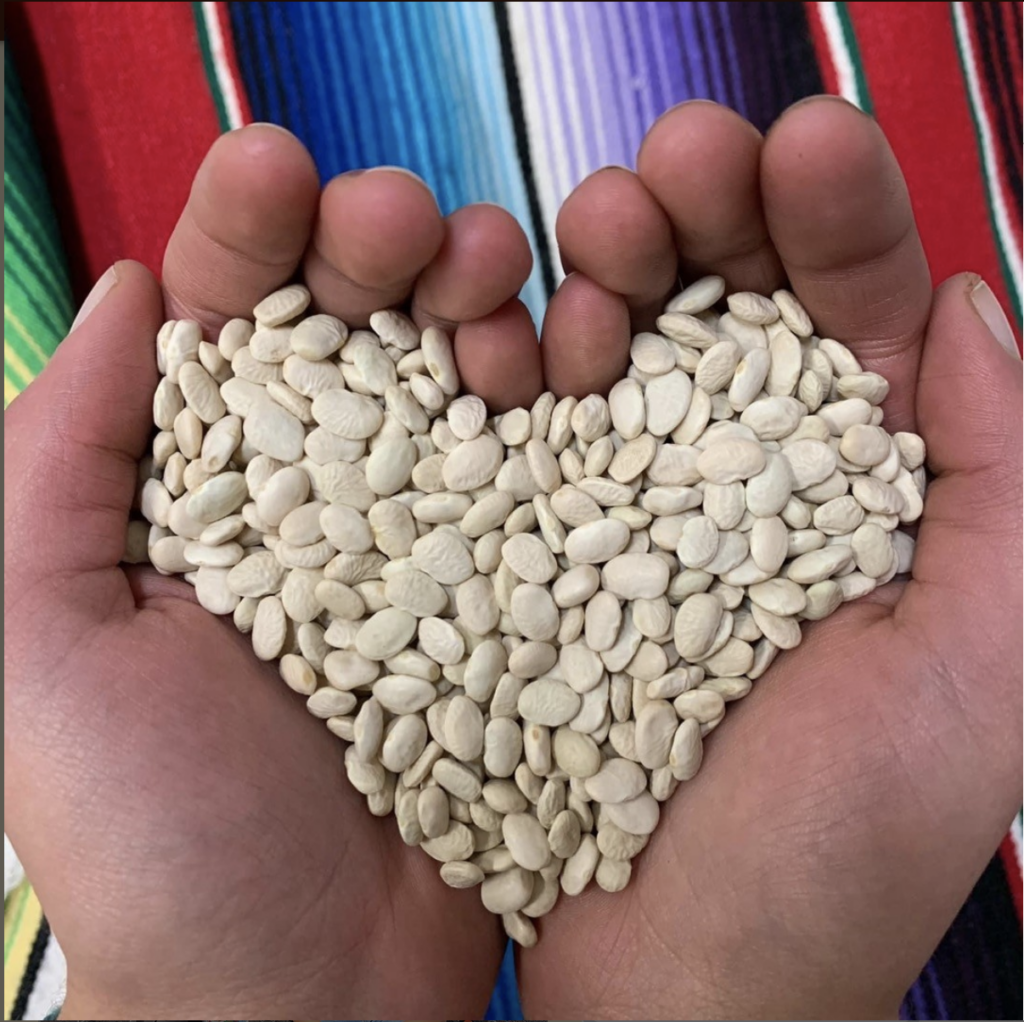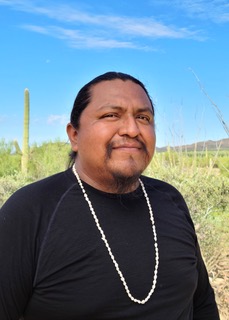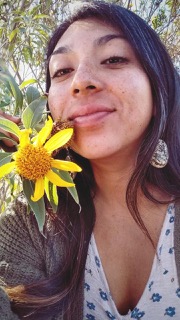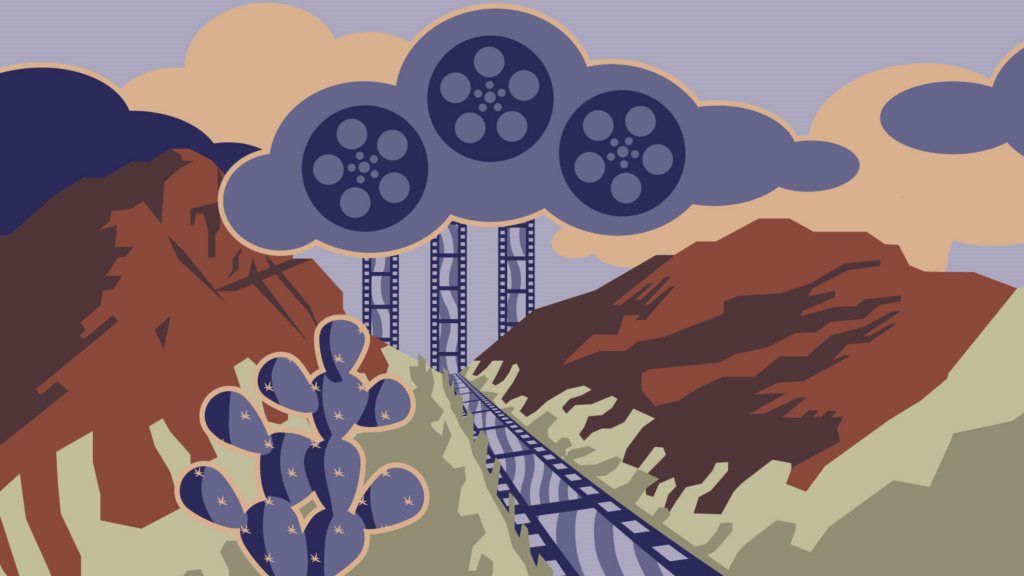Like so many, we in Sustainable Tucson have been considering how to respond to current attacks on our environmental health, national parks, progress on climate change, eco-justice and Constitutional order.
Therefore, we are hosting an in-person Call to Action on this coming Saturday, March 29, 3-5 p.m., to connect Tucson environmental groups and concerned citizens. Hand-in-hand, we can rediscover the scope of local, life-sustaining work, reassess threats to well-being, and identify actions to defend earth.
Goals
1. Generate a menu of actions people or groups can consider or commit to;
2. Form one or more teams to take on specific projects;
3. Begin planning a Spring Teach-in to engage more citizens in protecting
programs, people, and places.
Saturday, March 29, 3-5 p.m.
Shalom Mennonite Fellowship
6044 E 30th St., Tucson
RSVP here!
We hope that this meeting will lead to the development of an ongoing coalition of environment, sustainability, and climate champions dedicated to the common good. If you know someone who needs to be at this meeting, please pass this invitation along or share the flyer below. Thank you for engaging in this time of action!
Transportation and parking
Bike and car parking in lot
Common entry: west door off parking lot
Mobility impaired: park NE corner of parking lot; enter at N door
SunTran Route 17, exit at 29th & Zuni
Refreshments will be provided.
